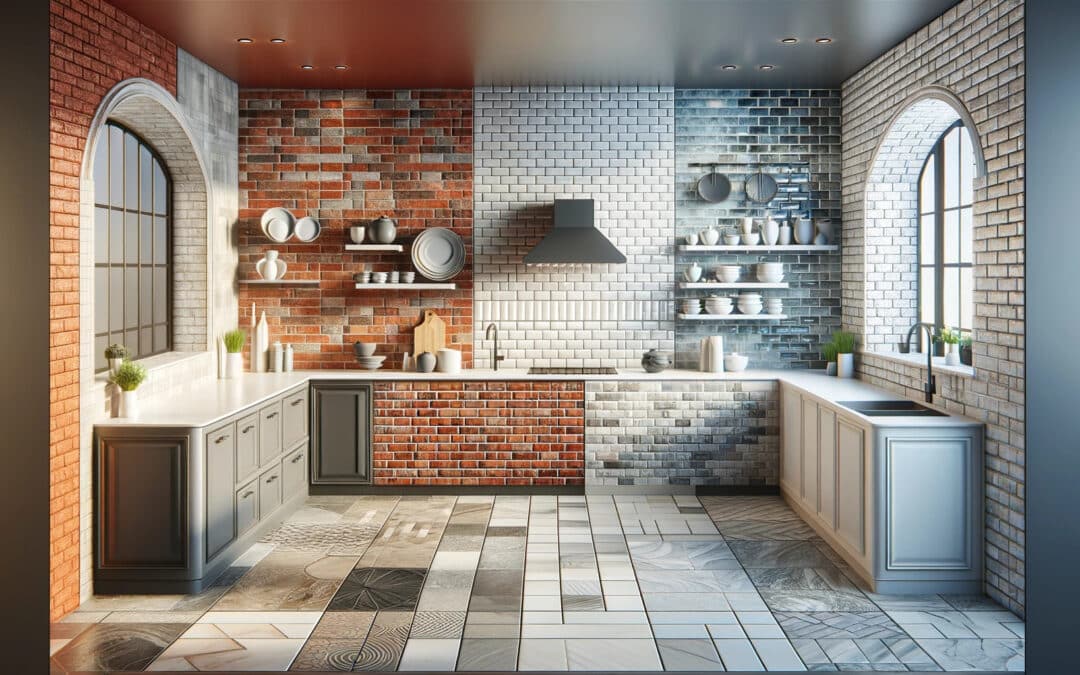Pebble shower floors have become a popular choice for those looking to add a natural, spa-like aesthetic to their bathrooms. These floors are typically made from small, smooth stones that are fixed into place, creating a textured, eye-catching surface. While they offer unique beauty and can be a standout feature in bathroom design, like any material, they have their advantages and disadvantages. This article will explore the pros and cons of different types of pebble shower floors to help you decide if they are the right choice for your bathroom renovation.
Natural Stone Pebbles
Pros:
- Aesthetic Appeal: Natural stone pebbles provide a beautiful, organic look that can transform a simple shower into a luxurious retreat. The variety of stone types offers a range of colors and textures.
- Foot Massage: The rounded shapes of the pebbles can give a gentle massage effect, which can be quite relaxing during a shower.
- Durability: Stones are naturally durable and can withstand a lot of wear and tear, making them suitable for a high-moisture environment like a shower.
Cons:
- Maintenance: Natural stone needs to be sealed regularly to prevent water absorption and mildew growth. The uneven surface can also collect grime, making it harder to clean.
- Comfort: While some find the textured surface pleasant, others may find it uncomfortable or even painful, especially when standing for long periods.
- Installation Complexity: Setting natural pebbles can be more labor-intensive than other types of flooring, which can increase installation costs.
Polished Pebble Tiles
Pros:
- Enhanced Comfort: Polished pebble tiles are smoother than their natural counterparts, making them more comfortable to stand on.
- Ease of Cleaning: The polishing process helps seal the pores of the pebbles, making them easier to clean and maintain than natural stone pebbles.
- Aesthetic Variety: These tiles can dyed or treated to fit various color schemes and design preferences.
Cons:
- Cost: Polishing and treating pebbles can add to the cost of the materials.
- Slippery Surface: The smoother surface can be slippery when wet, posing a fall risk in the shower.
- Less Natural Look: Some finishes on polished pebble tiles can look less natural, which might not appeal to those seeking an organic look.
Composite Pebble Tiles
Pros:
- Uniformity: Composite pebble tiles are manufactured to provide a more uniform appearance and feel underfoot.
- Water Resistance: These tiles are often designed to resist water penetration, reducing the risk of mold and mildew.
- Ease of Installation: Composite tiles typically come on mesh sheets for easier installation, which can lower labor costs.
Cons:
- Artificial Appearance: They may not offer the same natural and varied look as real stone pebbles.
- Durability Concerns: Some composite materials may not be as durable as natural stone and can wear out faster.
- Chemical Sensitivity: Composite pebbles can be sensitive to certain cleaning chemicals depending on the materials used.
Conclusion
Pebble shower floors can add significant aesthetic value to a bathroom, but they come with a set of challenges that are important to consider before making a decision. The choice between natural stone, polished, and composite pebble tiles will largely depend on your budget. Design preferences, and willingness to perform maintenance. Each type offers a unique set of benefits and drawbacks that can influence the comfort, safety, and overall enjoyment of your bathroom.

